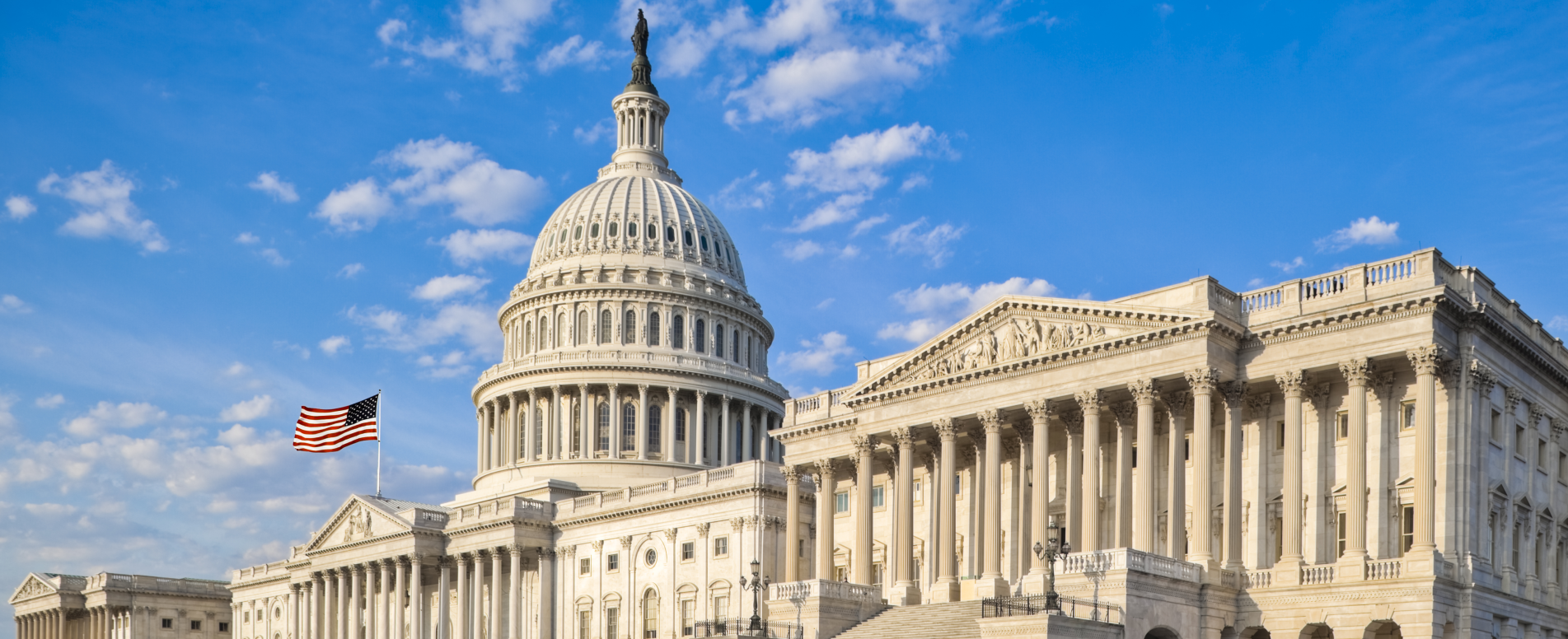Federal Roundup: Supreme Court decision on charter schools, budget reconciliation update, and more

Date Posted: 5/23/2025 | Author: Kate Johanns
Several actions took place at the federal level this week that will impact public schools:
SUPREME COURT: A deadlocked Supreme Court ruled 4-4 Thursday to uphold an Oklahoma Supreme Court ruling prohibiting the State of Oklahoma from using taxpayer funds to run a religious charter school. Justice Amy Coney Barrett recused herself from the case, and the decision did not include reasoning for the decision or Barrett’s recusal, nor did it specify how each justice voted. Because of the deadlock, the decision does not set a nationwide legal precedent; rather it merely upholds the previous court’s ruling. At question is the “public” nature of a charter school, something the St. Isidore of Seville Catholic Virtual School sought to challenge. Instead, St. Isidore considered itself a private school in contract with the state. The Supreme Court is likely to revisit the issue. This New York Times article has more.
BUDGET RECONCILIATION: Earlier this week ATPE’s federal contract lobbyist, David Pore, reported here on Teach the Vote about proposals within the Republican budget reconciliation package that would impact public schools, particularly related to the free and reduced lunch program. On Thursday, the U.S. House passed the reconciliation bill on a 215-214 vote. The bill now heads to the Senate, where it is likely to change considerably over the next few weeks. (Budget reconciliation is a legislative process that allows Congress to expedite certain funding-related decisions related to revenue, the debt limit, and mandatory spending, such as Medicaid. Notably, annual appropriations, such as funding for the U.S. Department of Education, cannot be considered as part of a budget reconciliation bill.)
DEPARTMENT OF EDUCATION: Also on Thursday, U.S. District Judge Myong Joun ruled against the Trump Administration’s efforts to lay off thousands of U.S. Department of Education employees and transfer their duties to other agencies. The decision said the layoffs were an effort to circumvent the congressional vote statutorily required to “dismantle the agency,” one of President Donald Trump’s campaign promises. On Wednesday, U.S. Secretary of Education Linda McMahon appeared before the House Appropriations Committee to present the Trump Administration’s proposed budget for the Education Department, which calls for more than $4.5 billion in K-12 funding cuts and the use of block grants to “reduce the Federal footprint.” Block grants are a funding mechanism that allows states more flexibility in the use of federal funds. Although the budget does not technically cut Title I and special education dollars, the use of block grants is a significant shift in this type of funding and could lead to tremendous programmatic change depending on how a state chooses to use its funding. The proposal also includes provisions to “end Federal taxpayer dollars [from] being weaponized to indoctrinate new teachers.”
Stay tuned for updates here on Teach the Vote.
CONVERSATION
RECOMMENDED FOR YOU

02/16/2026
SBEC finalizes rules to comply with new Texas legislation passed in 2025
The State Board for Educator Certification met Feb. 13, 2026, to adopt final rules affecting educator certification and discipline.

02/13/2026
Teach the Vote’s Week in Review: Feb. 13, 2026
Early voting for the March primary election begins Tuesday, Feb. 17, and runs through Friday, Feb. 27.

02/06/2026
Teach the Vote’s Week in Review: Feb. 6, 2026
A special election runoff in Texas Senate (SD) 9 results in a dramatic party flip in a Republican stronghold.


Thank you so much, Kate! It’s hard to keep up with everything, but you make it so much easier!